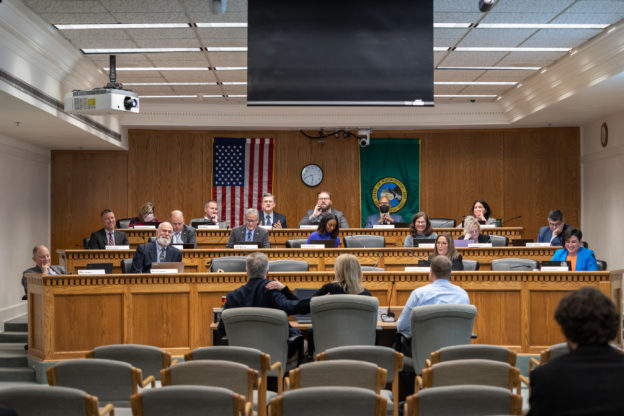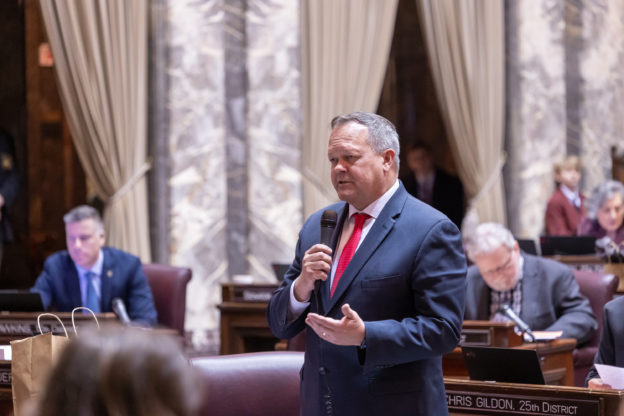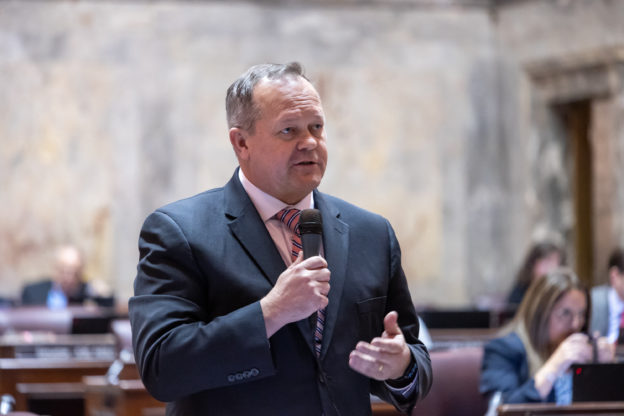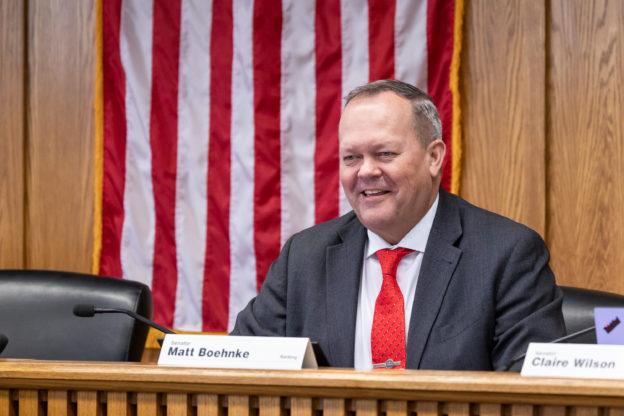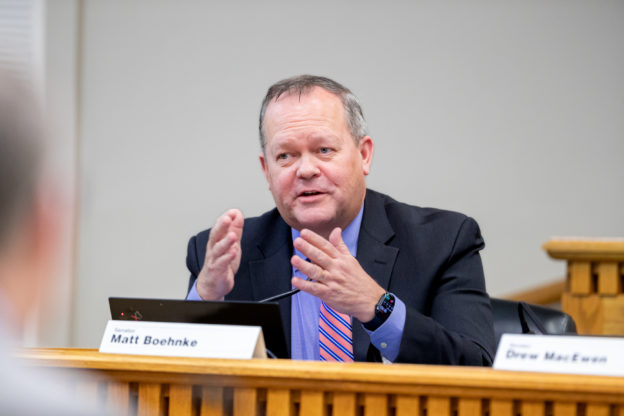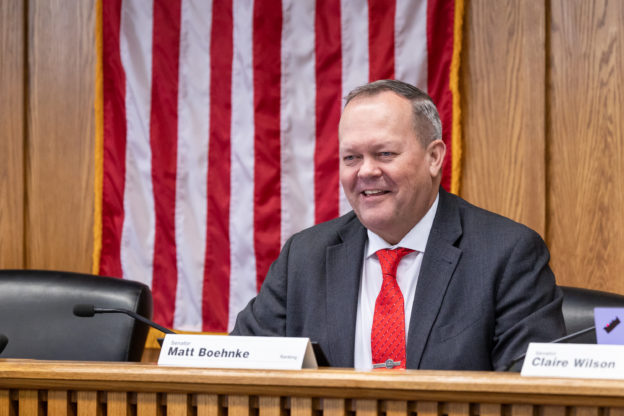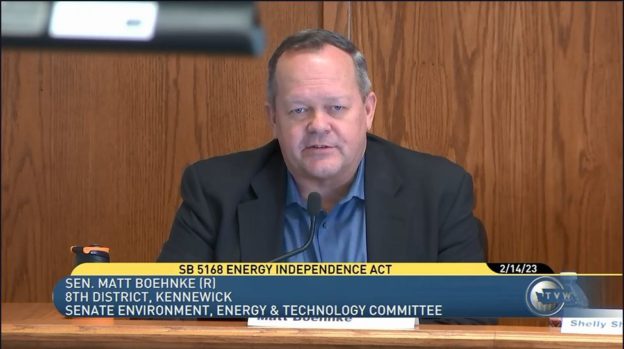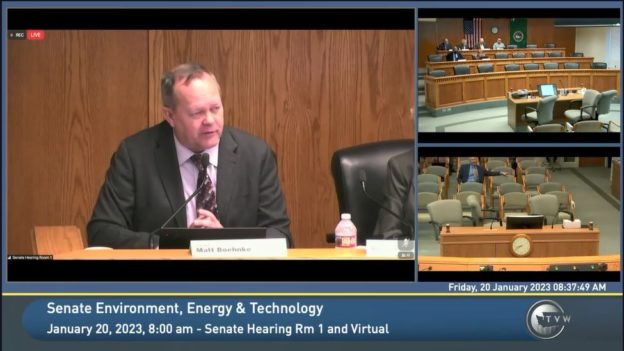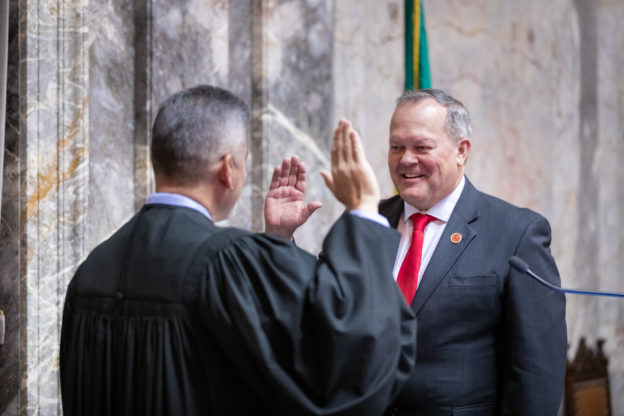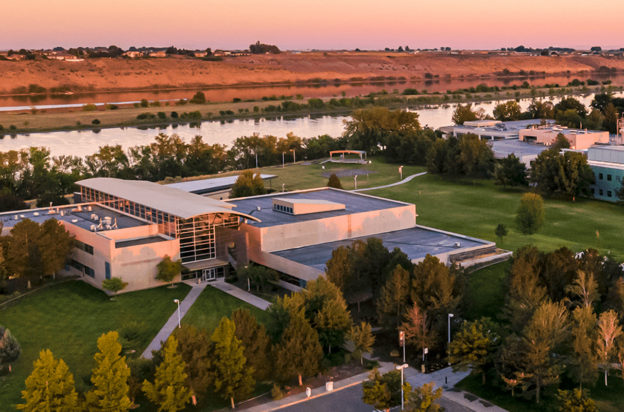On Wednesday, the state Senate Environment, Energy and Technology Committee held a public hearing on a proposal from Sen. Nikki Torres that would invest $200 million to expand broadband capacity in underserved rural areas of Washington and allow the private sector to help.
“During the pandemic, it was an eye-opener to see how many areas lacked sufficient access to broadband,” Torres, R-Pasco, told the committee. “Especially when you look at areas that are heavily populated with minorities. Those BIPOC communities needed that infrastructure or access to it, and they didn’t have it.
“What we have noticed is that the current program is only available for public companies, but in rural areas—which I am advocating for in this bill—the public companies don’t have the capacity to build the infrastructure for increased broadband in those areas. That is why it is critical that we tap into our private companies to meet the needs of those communities. This bill would allow private companies to apply for this grant program.”
In 2019 a Statewide Broadband Office (SBO) was established within the Department of Commerce to encourage, foster, develop, and improve affordable, quality broadband within the state. In 2021, the Legislature approved a capital budget for 2021-23 that invested a record $413 million toward the expansion of broadband. Despite this record investment, many rural areas are not seeing the implementation of new broadband as quickly as they had hoped.
Senate Bill 5577 would create a capital broadband investment acceleration program within the SBO. It would offer a competitive grant program to increase broadband access in unserved areas and provide additional funding to accelerate the implementation of broadband-expansion programs.
Tri-Cities Sen. Matt Boehnke is a co-sponsor of SB 5577 and argues more must be done to increase broadband infrastructure in rural areas.
“Broadband access is not a luxury. No one uses internet just to surf the web and occasionally check email anymore,” said Boehnke, R-Kennewick. “Even prior to the pandemic, broadband was essential to almost every aspect of life, from making online purchases, to education to telemedicine and, in our agricultural communities, precision farming. The pandemic exposed just how many Washingtonians were being left behind in the broadband gap.
“If we fail to adequately address this problem, we are exacerbating a host of additional issues tied to racial, income and regional equity. As some are fond of saying, we are one Washington, and we need to make sure all corners of Washington have equitable access to this critical resource.”
The Senate technology committee has until Feb. 17 to advance SB 5577 for the bill to be considered this legislative session.











